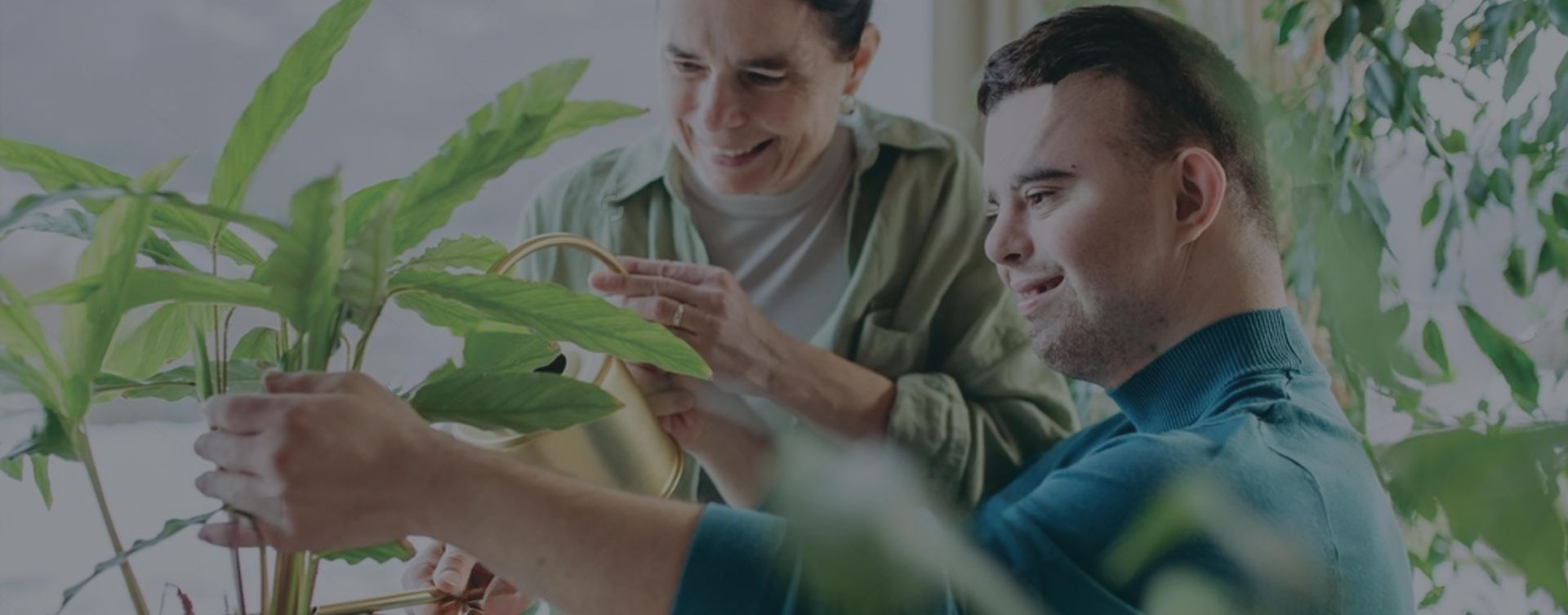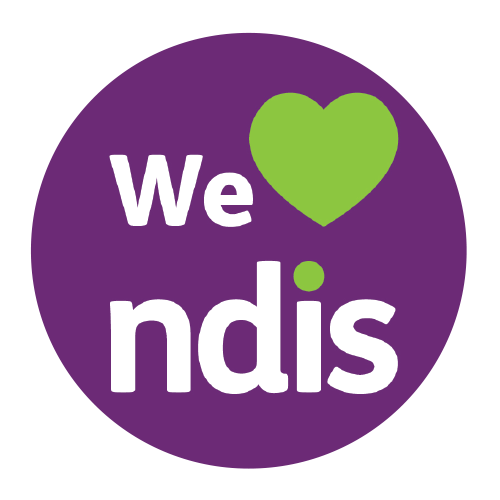Agency Nursing, change your career trajectory!
Why Nurses are transitioning to Agencies and reaping the rewards.
Statistics by the HWA shows that there is currently a rising trend in nursing shortages in Australia that is estimated to reach a shortage of approximately 100 000 nurses by 2025.

Hospitals and establishments will often reach out to formally employed staff, but more often there is an outreach to Agency staff to fill these temporary positions. A large percentage of these shortages are in aged care and rural areas; however, they also span a wide variety of departments within nursing care.
These are some of the key benefits of transitioning to an Agency Nurse:
Flexibility – unlike hospital ward shift requirements, that tie you down to specific hours, Agency Nurses are given the freedom and flexibility to choose their shifts and the hours they work. This is a consistent feature that enables you to master a work/life balance that creates a sense of ownership over what is most important to you, and the flexibility to maintain consistent change that supports this. Whether it is to be with family or to study further, your career is self -driven and backed up by consistent shift availability from the Agency in the background.
Higher pay rate – Agency staff are paid an hourly rate as opposed to a fixed rate in hospitals. These rates are often higher than permanent wage contracts. The flexibility to choose your shifts and the area of care also gives you the advantage of being able to personally control your income.
Variety and the opportunity to explore learning opportunities – working within a set environment in a hospital or department can lead to missed opportunities to further explore a broad spectrum of nursing experience. You will be exposed to individuals with many different needs, and this offers paid exposure to a new area of care that you may have considered but not been exposed to during your career. Agency staff are provided with courses and certifications as you enter the market, ensuring that you are fully comfortable with the change and feel empowered to move into a new area of care. The flexibility of being able to choose your shifts also provides you with the opportunity to pursue further formal studies in a new department of nursing that has been exposed to you in the Agency setting.
How do I become an agency nurse?
Whether you are ready to take the next step in your career or are still mulling over the idea, we invite you to contact Health Staff Australia. Our consultants will answer any questions you may have. It is important to know that working independently as an Agency Nurse, you are required to complete compliance checks and submit documents that are legally required for competency and safety purposes. There may also be additional short courses that you need to complete or renew that are part of government requirements. Don’t let this hinder your decision though – at Health Staff Australia we endeavour to guide you through the process as efficiently as possible, making the transition seamless and as stress free as possible.
With Health Staff Australia providing cover from Bulli to Batemans Bay, there is no shortage of vacancies with a broad spectrum of care divisions.





